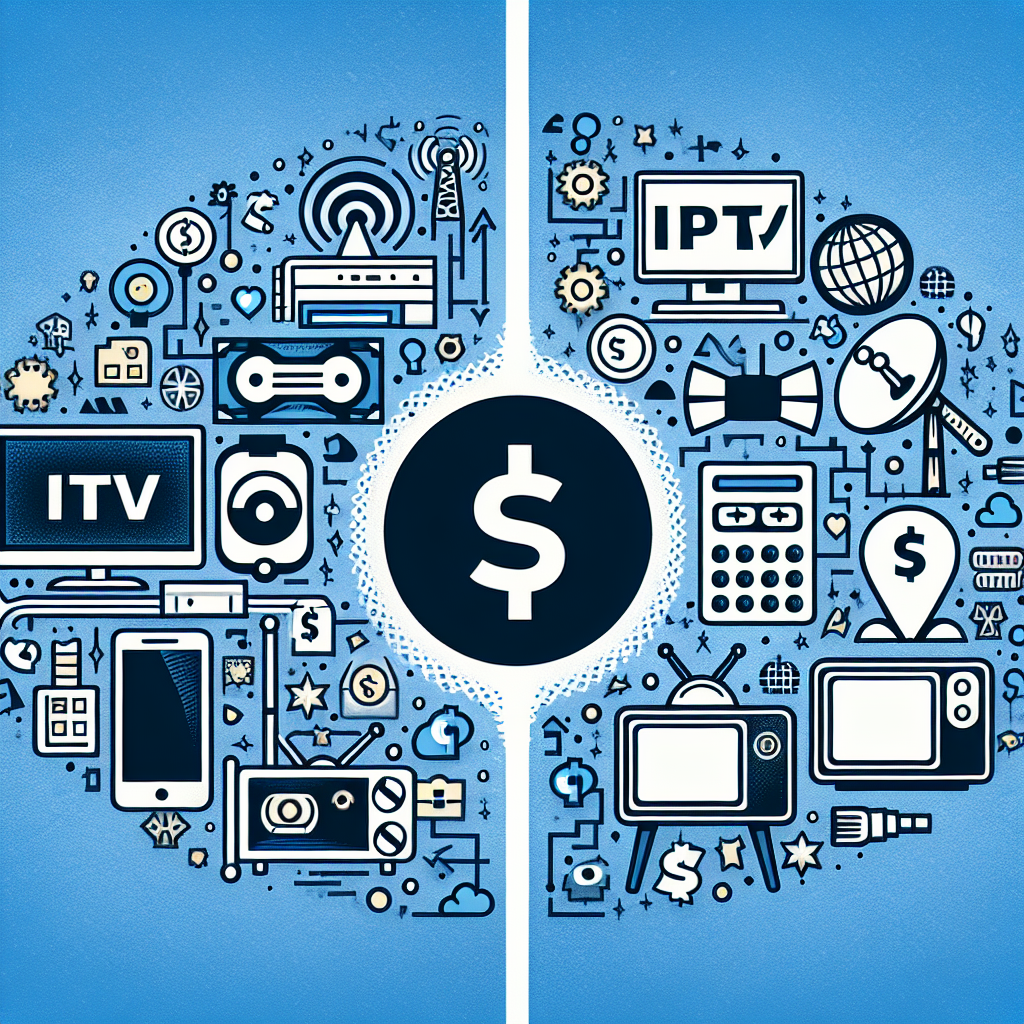IPTV vs. Cable TV: A Comparison of Features, Costs, and Quality
In today’s fast-paced world, there are more options than ever when it comes to watching television. From traditional cable TV to internet-based IPTV services, consumers have a plethora of choices to consider. In this article, we will compare the features, costs, and quality of IPTV and cable TV to help you make an informed decision on which option is best for you.
Features:
One of the key differences between IPTV and cable TV lies in their features. IPTV, or Internet Protocol Television, delivers television content over the internet rather than through traditional cable or satellite methods. This allows for a more interactive viewing experience, with features like on-demand programming, pause and rewind capabilities, and access to a wide range of channels from around the world.
Cable TV, on the other hand, offers a more straightforward viewing experience. While cable providers have started to incorporate some interactive features like on-demand programming and DVR capabilities, they still lag behind IPTV in terms of overall features and functionality.
Costs:
When it comes to costs, IPTV and cable TV also differ significantly. IPTV services typically offer more affordable pricing options than traditional cable providers. Many IPTV services offer a variety of packages to choose from, allowing consumers to select the channels and features that best suit their needs and budget.
On the other hand, cable TV packages can be more expensive, with providers often bundling TV services with internet and phone plans to drive up costs. Additionally, cable providers often require customers to sign long-term contracts, locking them into higher monthly fees for an extended period of time.
Quality:
In terms of quality, both IPTV and cable TV offer high-definition programming with crisp, clear picture and sound. However, IPTV services may have an edge when it comes to picture quality, as they are able to deliver content over the internet at higher resolutions and bitrates.
Cable TV, on the other hand, may be subject to signal interference and outages, particularly during inclement weather or peak viewing times. Additionally, cable providers may throttle internet speeds for customers who use a lot of data, potentially impacting the quality of their TV viewing experience.
In conclusion, when comparing IPTV and cable TV, it is clear that IPTV offers a more feature-rich and cost-effective viewing experience. While cable TV may still be a viable option for some consumers, IPTV services are quickly becoming the preferred choice for those looking for a more customizable and affordable television solution. Ultimately, the decision between IPTV and cable TV will depend on your individual viewing preferences and budget constraints.


Leave a Reply